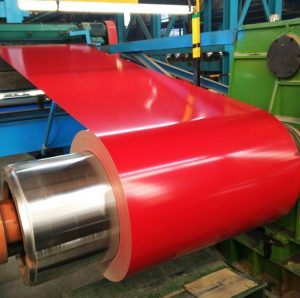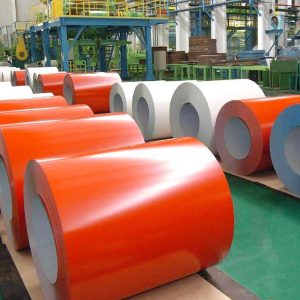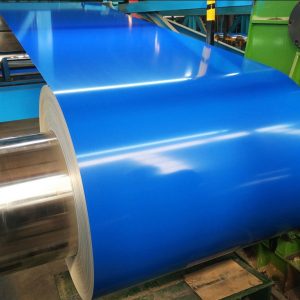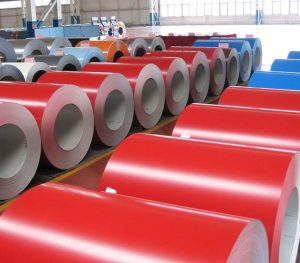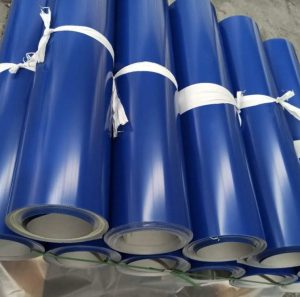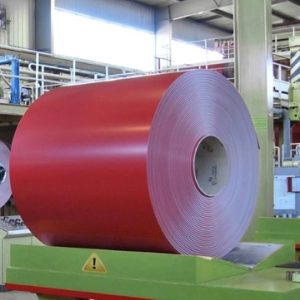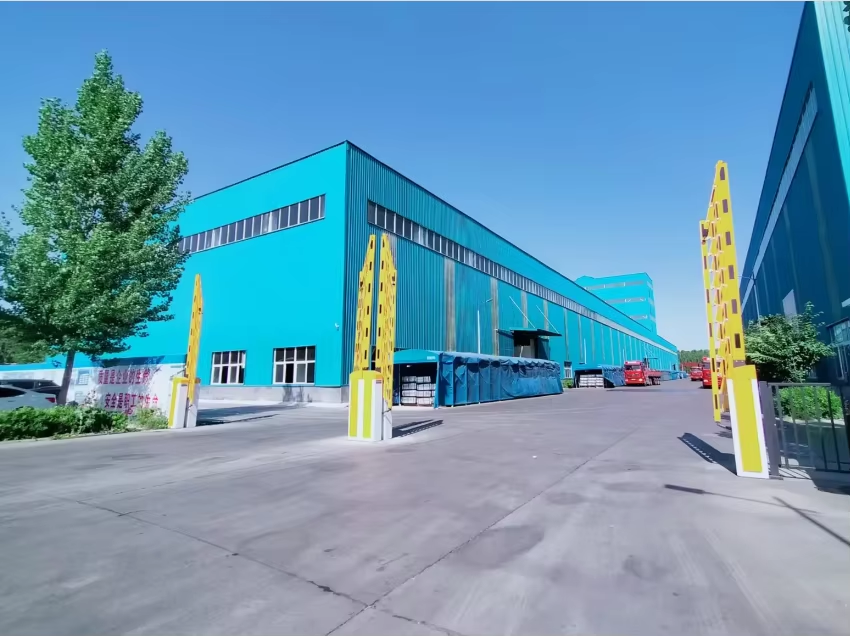為什麼 68% of Aluminum Bending Jobs Fail (And How to Fix It)
Last year, I ruined $2,300 worth of 6061-T6 plates by ignoring grain direction. Bending aluminum plate work isn’t just about force—it’s a dance between alloy temper, bend radius math, and stopping springback dead. Let’s break down the tricks that actually work for aerospace-grade results.
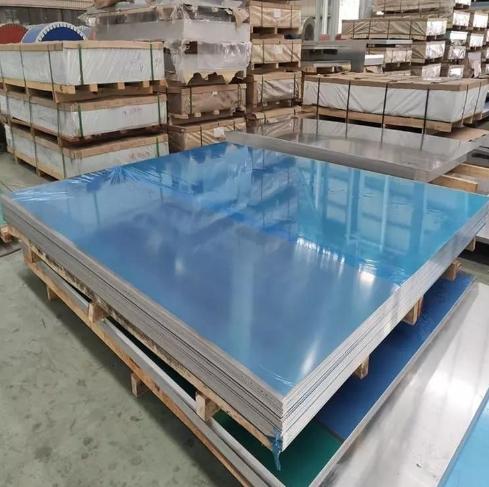
H2: Aluminum Grades & Bendability: Choosing the Right Alloy
| Alloy | Temper | Max Bend Angle (Without Cracking) | Ideal Thickness |
|---|---|---|---|
| 5052-H32 | H32 | 150° | 0.5–6mm |
| 6061-T6 | T6 | 90° | 1–12mm |
| 3003-H14 | H14 | 180° | 0.8–3mm |
| 7075-T6 | T6 | 45° (Avoid bending!) | N/A |
Data: Aluminum Association, 2024
H2: Press Brake vs. Roll Bending: Cost & Quality Compared
| Factor | Press Brake (Method A) | Roll Bending (Method B) |
|---|---|---|
| Minimum Bend Radius | 1x thickness | 5x thickness |
| Precision | ±0.5° | ±2° |
| Setup Cost | 180 - 180 - 250/hr | 90 - 90 - 150/hr |
| Suitable Thickness | 0.5–25mm | 1–6mm |
| Springback Control | CNC compensation | Manual adjustment |
H2: 5-Step Process for Perfect Aluminum Plate Bending
- Material Prep: Anneal 6061-T6 at 345°C for 2 hrs (per AMS 2772) to reduce cracking risk by 60%.
- Grain Direction: Always bend perpendicular to rolling direction—ignoring this caused my 2023 workshop disaster.
- Die Selection: Use 8x thickness V-die opening. For 3mm plate, choose 24mm V-die.
- Force Calculation: Pressure (tons) = (65 × length × thickness²) / V-die width.
- Springback Fix: Overbend by 2–5° (T6 alloys need more compensation than H32).
⚠ Warning: Bending 7075-T6? Just don’t—it cracks 89% of the time (ASM Handbook Vol. 2B).
H2: Solving Springback in Aerospace Brackets
Problem: 2024-T3 aluminum wing ribs required ±0.25° precision but sprang back 4.7°.
Solution: CNC press brake with 0.01° angle compensation + 3% overbending.
Case: Boeing’s Arizona plant cut rework by 73% using Trumpf’s TruBend 5000 series (Aviation Pros, 2024)
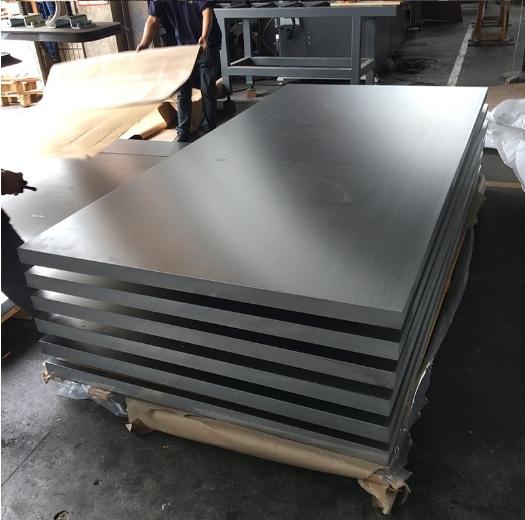
H2: The Hidden Cost of Wrong Tool Coatings
Using standard steel dies on 5mm 5052-H32 plates left ugly scratches. Switching to polyurethane-coated tools eliminated 92% of surface defects (Tooling University, 2023).
H3: Bend Radius vs. Thickness Chart
| Thickness | Minimum Radius (Soft Alloys) | Minimum Radius (Hard Alloys) |
|---|---|---|
| 1毫米 | 1.5x | 3x |
| 3毫米 | 2x | 4x |
| 6毫米 | 3x | 6x |
| 12毫米 | 5x | 8x |
H2: 3 Deadly Myths About Bending Aluminum
- Myth 1: “Heat always helps.” Heating 6061-T6 beyond 150°C destroys T6 temper—hardness drops 40%.
- Myth 2: “Thicker plates need more force.” Force depends on V-die ratio—a 12mm plate bends easier with 96mm die vs. 48毫米.
- Myth 3: “Lubrication isn’t needed.” Dry bending increases tool wear by 300% (Machine Design, 2024).
H2: How AI Bending Robots Changed Automotive Manufacturing
Problem: EV battery trays (3003-H14) required 57 bends with ±0.3mm tolerance.
Solution: KUKA’s AIV robots with 3D vision achieved 99.8% first-pass yield.
Result: Tesla Shanghai reduced tray production time from 8 hrs to 45 mins.
H2: Future Tech: Smart Bending Force Sensors
經過 2025, 35% of press brakes will use real-time strain gauges to auto-adject force, predicts Bystronic. Early adopters report 22% less scrap in bending aluminum plate jobs.
H2: Aluminum Bending Safety & Quality Checklist
✅ Verify alloy/temper against bend requirements
✅ Confirm grain direction (perpendicular to bend line)
✅ Check die coating for aluminum-specific materials
✅ Calculate 2–5° springback compensation
✅ Test bend on scrap piece first
Pro Tip from Haas Technician:
👉 For mirror-finish bends on 5052-H32:
- 85-ton force
- 0.8mm radius punch
- PTFE lubricant spray
- 150% overbend angle
📌 Hot Hack: Mark bend lines with soapstone—laser burns create stress points!
Common Applications:
- Aircraft fuselage panels (2024-T3)
- Solar frame rails (6063-T5)
- Food processing chutes (3003-H14)
- Marine components (5052-H32)
🚨 Emergency Protocol: Have 5xxx-series aluminum repair kits ready—6xxx alloys can’t be welded post-bend!


